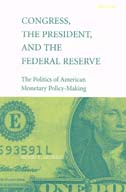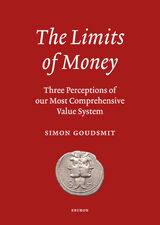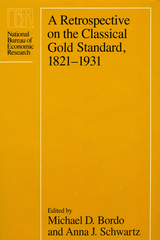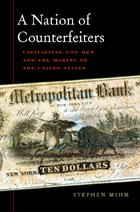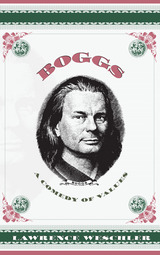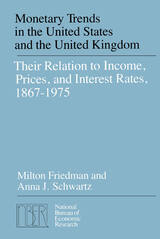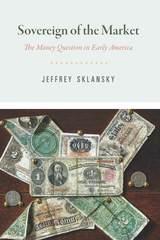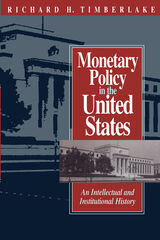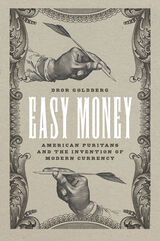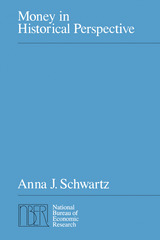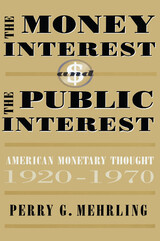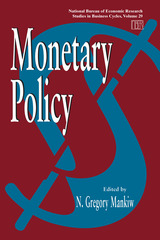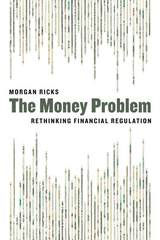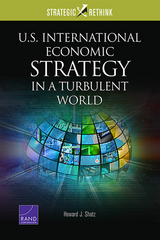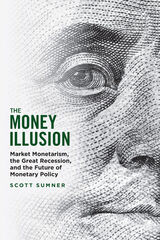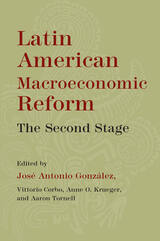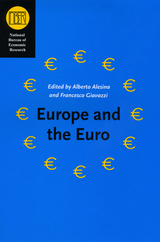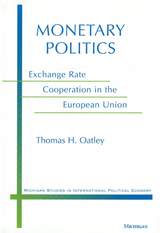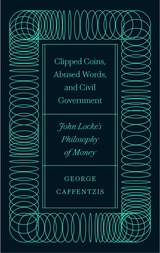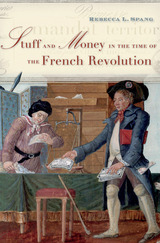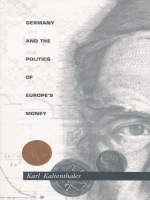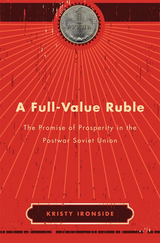Congress, the President, and the Federal Reserve: The Politics of American Monetary Policy-Making
University of Michigan Press, 2002
Cloth: 978-0-472-10995-1 | Paper: 978-0-472-08869-0
Library of Congress Classification HG540.M67 2000
Dewey Decimal Classification 332.4973
Cloth: 978-0-472-10995-1 | Paper: 978-0-472-08869-0
Library of Congress Classification HG540.M67 2000
Dewey Decimal Classification 332.4973
ABOUT THIS BOOK | AUTHOR BIOGRAPHY | REQUEST ACCESSIBLE FILE
ABOUT THIS BOOK
Congress, the President, and the Federal Reserve is a study of the politics of monetary policy making at the Federal Reserve--widely considered the most important and most powerful federal bureaucracy. Ostensibly, the Federal Reserve is independent of the political branches of government; however, Congress, the President, and the Federal Reserve clearly demonstrates-- from both a theoretical and empirical standpoint--how the preferences of members of Congress and the President impact decisionmaking at the Fed.
Current formal theories of the general policy-making process are utilized to construct an explanatory framework that identifies the mechanisms through which congressional and executive influence is exercised. The theoretical framework presented in the text also helps to explain the political dynamics of several of the most significant policy decisions of the Federal Reserve during the last half-century. In addition, this book provides a unique perspective on the manner in which Fed policymakers attempt to shield themselves from unwelcome political influence.
While the main focus of Congress, the President, and the Federal Reserve is monetary policy-making, it also speaks to the political nature of policy-making in a more general sense and provides a guide for the future study of the political dynamics in a wide variety of substantive policy areas. Thus it will interest not only political scientists and economists interested in monetary policy-making specifically but also those interested in the nature of public policy-making more generally.
Irwin L. Morris is Assistant Professor of Political Science, University of Maryland.
Current formal theories of the general policy-making process are utilized to construct an explanatory framework that identifies the mechanisms through which congressional and executive influence is exercised. The theoretical framework presented in the text also helps to explain the political dynamics of several of the most significant policy decisions of the Federal Reserve during the last half-century. In addition, this book provides a unique perspective on the manner in which Fed policymakers attempt to shield themselves from unwelcome political influence.
While the main focus of Congress, the President, and the Federal Reserve is monetary policy-making, it also speaks to the political nature of policy-making in a more general sense and provides a guide for the future study of the political dynamics in a wide variety of substantive policy areas. Thus it will interest not only political scientists and economists interested in monetary policy-making specifically but also those interested in the nature of public policy-making more generally.
Irwin L. Morris is Assistant Professor of Political Science, University of Maryland.
See other books on: Board of Governors of the Federal Reserve System (U.S.) | Congress | Macroeconomics | Monetary policy | President
See other titles from University of Michigan Press
